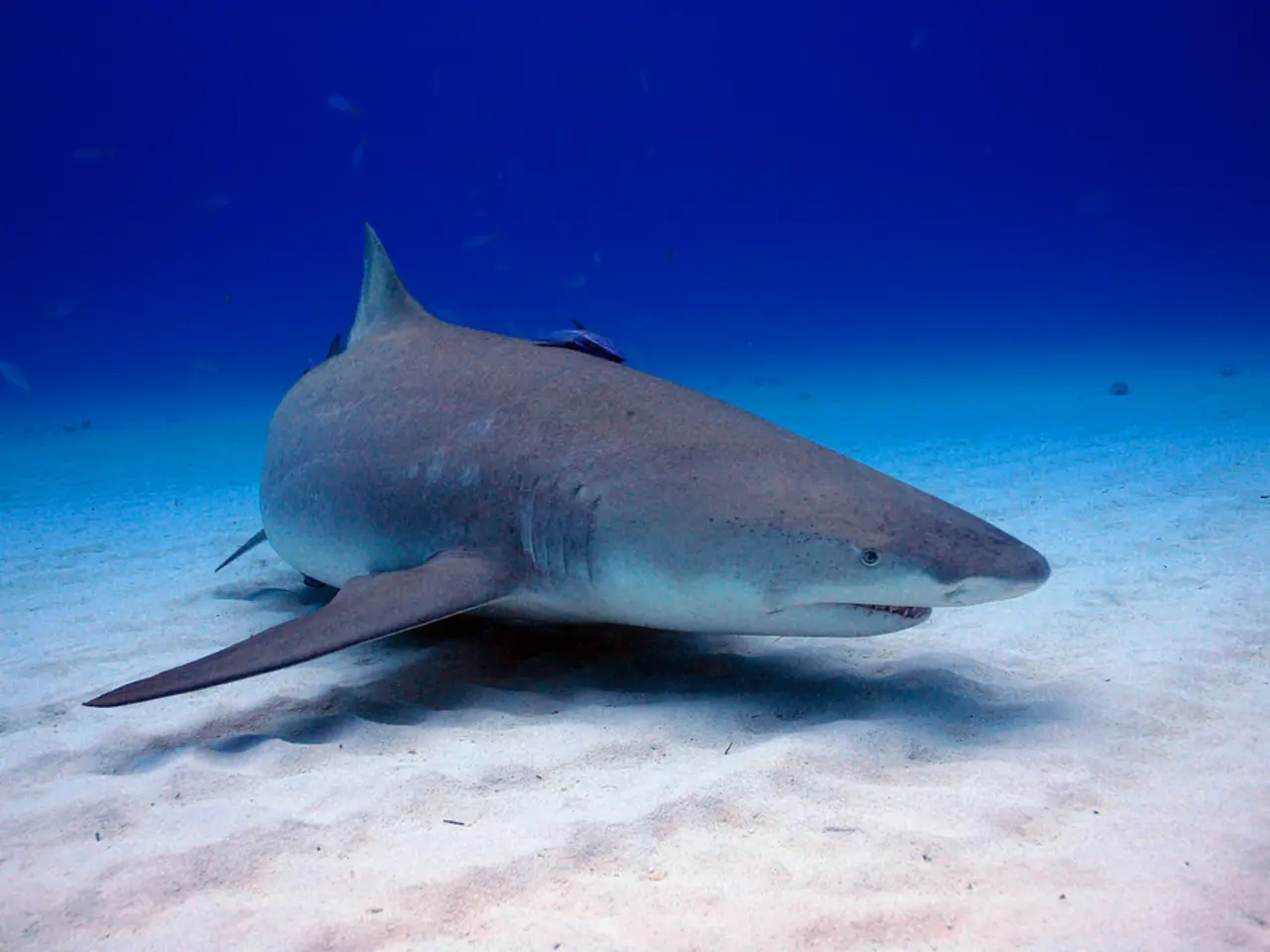Dolphins and Human Encounters: Unraveling Truth from Legend
In the vast, blue expanse of the ocean, dolphins are often perceived as friendly, playful creatures. However, a closer look reveals a more complex picture of these intelligent marine mammals.
Responsible interaction with dolphins involves respecting their space, avoiding provocative behavior, and following guidelines and regulations. Yet, instances of aggressive dolphin behavior are not unheard of, although such incidents are rare.
Wild dolphins have occasionally displayed behaviors that can harm or intimidate humans. These cases may involve teasing or harassment during feeding or social interactions where one-sided play by dolphins is perceived as aggressive or bothersome.
However, it's essential to debunk the myths surrounding dolphin aggression. Fatal dolphin attacks on humans have no credible evidence and are often fabrications or misinformation. While dolphins are powerful marine animals capable of injuring humans, there is no verifiable record of dolphins fatally attacking a person.
The environment in which a dolphin lives can significantly impact its behavior. Dolphins in captivity often experience stress due to limited space, unnatural social groupings, and constant human interaction. This stress can lead to aggressive behavior.
If you find yourself in the water with a dolphin, maintaining a respectful distance is crucial for both the safety of humans and dolphins. Dolphins are territorial and may perceive human presence in their habitat as a threat, especially if they have calves nearby. If a dolphin continues to approach aggressively, try to protect your vital organs by curling into a ball or using an object as a shield.
Observing dolphins from a distance and avoiding interaction are generally recommended. If a dolphin starts displaying aggressive behavior, the most important thing is to remain calm and avoid making sudden movements.
Education is vital in promoting responsible interaction with dolphins. If you witness an aggressive encounter between humans and dolphins, report the incident to local wildlife authorities or marine mammal stranding networks.
Despite their reputation, dolphins are highly intelligent and complex creatures with intricate social structures, impressive communication skills, and sophisticated hunting strategies. They are capable of understanding the consequences of their actions due to their intelligence.
In summary, although aggressive dolphin behavior towards humans can occur, these are exceptional and generally less severe than sensationalized media claims suggest. It's essential to approach dolphins with respect and caution, and to educate ourselves about their behavior and needs to ensure a safe and respectful interaction.
A responsible approach to interacting with dolphins involves understanding their complex behavior and needs, which can be achieved through education and self-development. Reports of aggressive dolphin behavior are often overstated, so it's crucial to separate fact from fiction.




